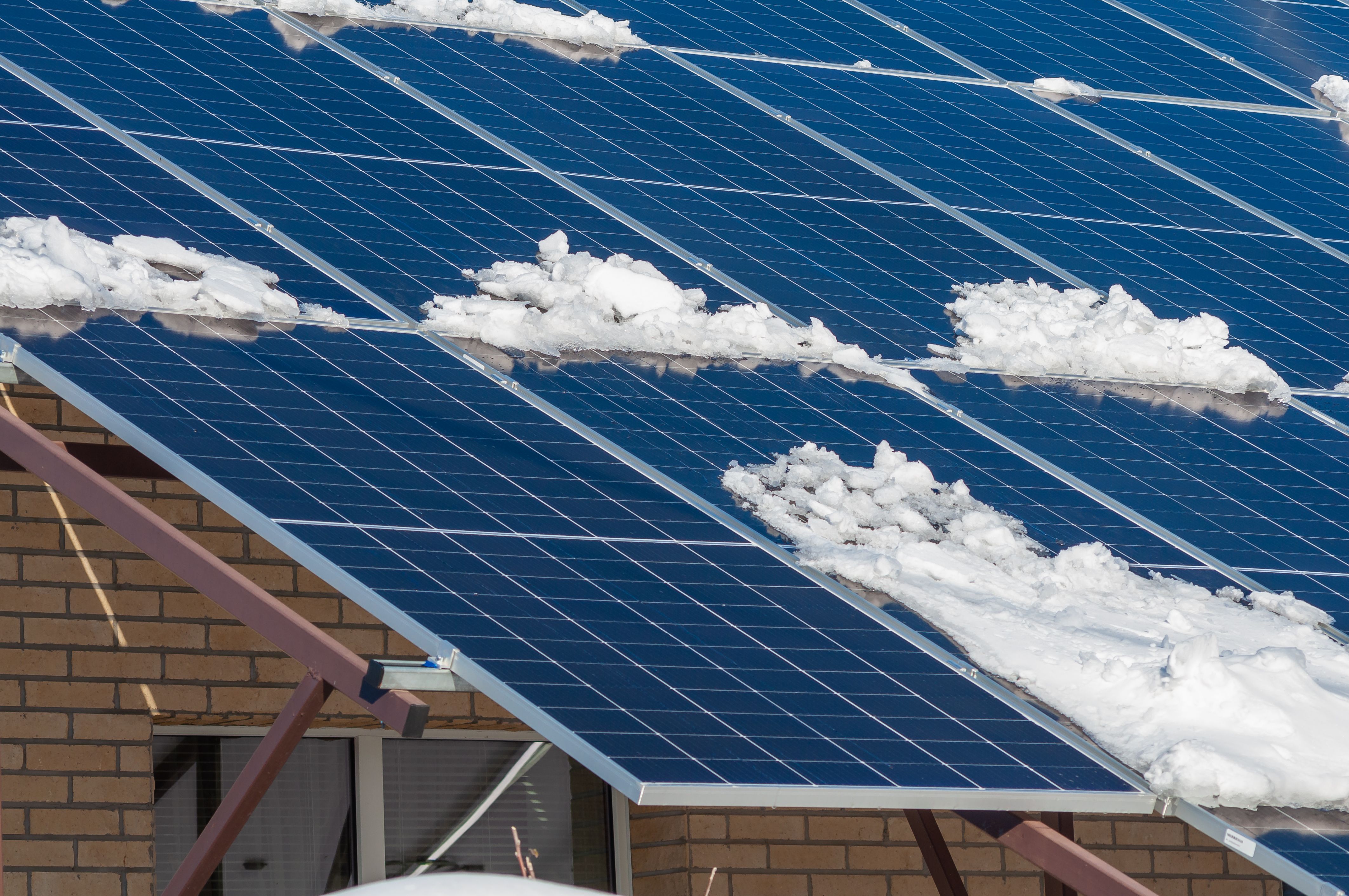- Services
- Data-Driven Environmental Insights
- Comprehensive Energy Audits
- Sustainable Manufacturing Solutions
- Renewable Energy Consulting
- Sustainable Energy Solutions
- Renewable Energy
- HVAC Energy
- Home Self Sufficient Energy
- Water Saving Tech
- Food Waste Energy
- Farm Energy
- Home Exterior Energy
- Flooring Energy
- Roofing Energy
- FAQ
- About
- Contact
- Shop
- Blog
Winter Performance: Solar Panels in Cold Climates
Understanding Solar Panel Efficiency in Winter
When considering solar energy, many people wonder how effective solar panels are during the winter months. Contrary to popular belief, solar panels can perform efficiently in cold climates. In fact, cooler temperatures can enhance their performance, as photovoltaic (PV) cells operate more effectively in cooler conditions.

How Snow Affects Solar Panels
Snow can both positively and negatively impact solar panel efficiency. While a heavy layer of snow can block sunlight, a light dusting can actually help by reflecting additional sunlight onto the panels. It's important to keep panels clear for optimal performance. Most panels are installed at an angle, which helps snow slide off.
Advantages of Winter Sunlight
Winter days are shorter, but the sun's rays can be more intense. This is because the Earth is closer to the sun during winter months in the northern hemisphere. Additionally, the reflective properties of snow can increase the amount of sunlight captured by the panels.

Maintenance Tips for Solar Panels in Winter
Proper maintenance ensures that solar panels remain efficient during winter. Here are some tips:
- Regularly remove snow: Use a soft brush or a roof rake to gently clear snow without damaging the panels.
- Monitor energy production: Keep track of your system's performance to detect any issues early.
- Inspect for damage: Check for cracks or loose connections that cold weather might exacerbate.
Winterizing Your Solar System
Preparing your solar system for winter involves more than just maintenance. Ensure that batteries and inverters are protected from extreme cold, as these components can be sensitive to low temperatures. Insulating these parts can prevent performance issues.

The Economic Benefits of Winter Solar Energy
Despite the challenges, investing in solar panels for a cold climate can be economically beneficial. Government incentives and rebates often help offset initial costs, and the savings on energy bills continue year-round. Solar energy can be a reliable source even during winter.
Conclusion: Solar Panels Thrive in Cold Climates
In conclusion, solar panels can effectively generate energy in cold climates. With proper maintenance and an understanding of how winter conditions affect solar performance, homeowners can maximize their investment. Embracing solar energy in winter not only reduces carbon footprints but also offers substantial cost savings.